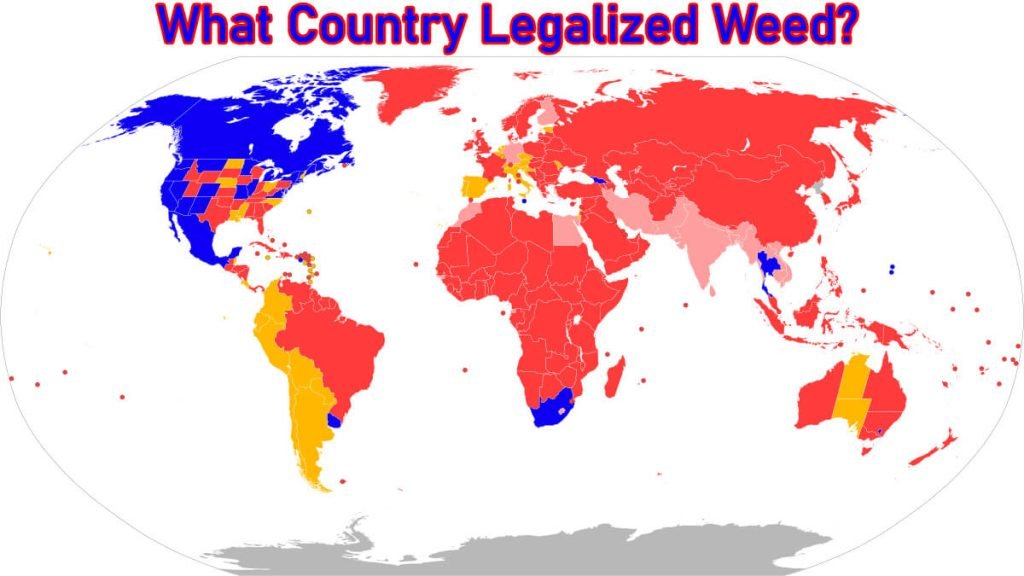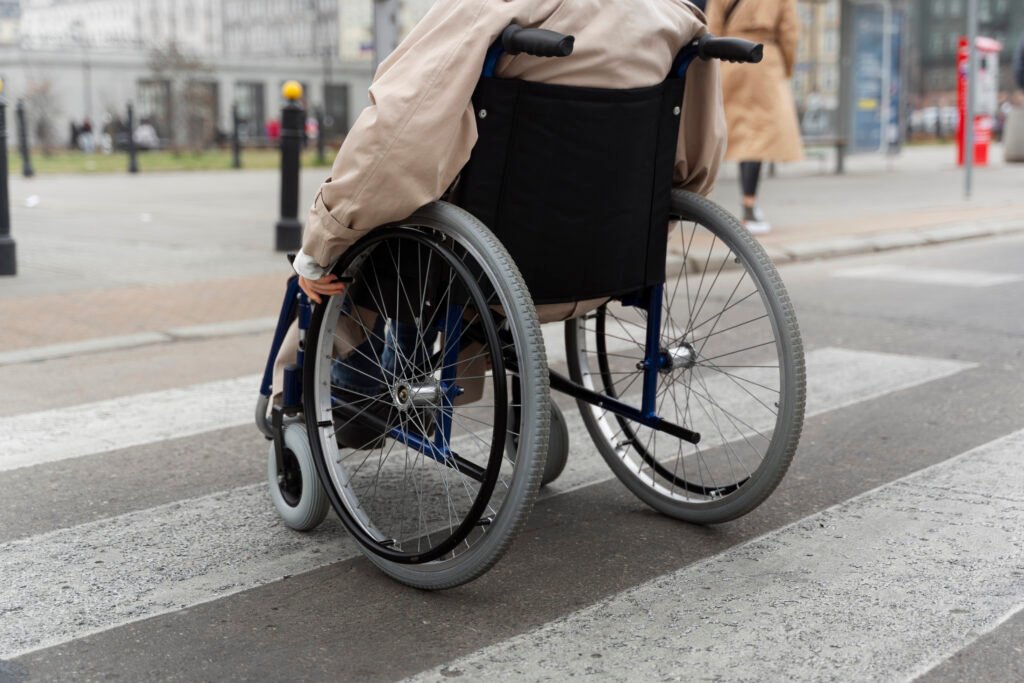What Country Legalized Weed? In recent years, the topic of cannabis legalization has gained significant attention worldwide. People are curious to know which country took the groundbreaking step to legalize weed and what impact it had on society. This article explores different countries that have taken steps towards cannabis legalization, shedding light on their approaches and the effects it has had. Let’s delve into the fascinating journey of countries and their relationship with legalized weed.
The Global Trend towards Cannabis Legalization
The movement toward cannabis legalization has been steadily growing across the globe. As more research emerges on the medicinal benefits of cannabis and changing societal attitudes toward recreational use, several countries have taken steps to legalize or decriminalize the plant.
Uruguay: Pioneering Cannabis Legalization
Uruguay holds the distinction of being the first country to fully legalize cannabis for recreational use. In 2013, the Uruguayan government passed a law allowing citizens over the age of 18 to grow, purchase, and consume marijuana. This bold step aimed to combat the black market and provide a safer and regulated environment for cannabis users.
Canada: The First G7 Country to Legalize Cannabis
Canada made history in 2018 by becoming the first G7 country to legalize recreational cannabis nationwide. The Cannabis Act allows individuals to possess and consume cannabis, while also regulating its production, distribution, and sale. Canada’s approach emphasizes strict regulation to ensure public safety and responsible use.
United States: The Patchwork of State-Level Legalization
In the United States, the approach to cannabis legalization has been complex. While cannabis remains illegal at the federal level, several states have chosen to legalize it for medical and/or recreational purposes. As of now, 19 states have legalized recreational cannabis, and 36 states have legalized medical cannabis. This patchwork of state-level legalization has created a unique situation where cannabis use is legal in certain jurisdictions but illegal at the federal level.
Netherlands: The Progressive Approach to Cannabis
The Netherlands has long been associated with a progressive approach to cannabis. While the country has not officially legalized cannabis, it has implemented a policy of tolerance. Coffee shops in the Netherlands are allowed to sell small quantities of cannabis, creating a regulated and controlled environment for users. However, the cultivation and supply of cannabis remain illegal, resulting in a gray area in the Dutch cannabis industry.

Jamaica: Embracing the Cultural Significance of Cannabis
Jamaica, famous for its reggae music and vibrant culture, has recognized the cultural significance of cannabis. In 2015, the Jamaican government decriminalized the possession of small amounts of cannabis and established regulations for medical cannabis and research. This step aimed to protect the rights of Rastafarians, for whom cannabis holds deep religious and cultural importance.
Portugal: A Model for Decriminalization
While not fully legalizing cannabis, Portugal has adopted a unique approach to drug policy. In 2001, Portugal decriminalized the possession and use of all drugs, including cannabis. Instead of criminal penalties, individuals caught with small quantities of drugs are referred to the Dissuasion Commissions, which focus on harm reduction, education, and rehabilitation rather than punishment. Portugal’s decriminalization model has been praised for its positive impact on public health and reducing drug-related harms.
Other Countries with Cannabis Legalization or Decriminalization
Besides the aforementioned countries, there are others that have taken steps towards cannabis legalization or decriminalization. Some notable examples include:
- Germany: Allows the medical use of cannabis and has recently decriminalized possession of small amounts.
- Spain: Permits private cultivation and consumption of cannabis in private spaces.
- Colombia: Legalized medical cannabis and allows the cultivation and exportation of the plant.
- Israel: Known for its advanced medical cannabis research and allows the medical use of cannabis.
- Australia: Has legalized medical cannabis and several states have decriminalized its recreational use.
The Impact of Cannabis Legalization
The impact of cannabis legalization varies from country to country. It has led to economic opportunities, job creation, tax revenue generation, and the undermining of the black market. However, concerns remain regarding public health, youth access, impaired driving, and the potential for addiction. Ongoing research and careful regulation are crucial to navigating the complexities of cannabis legalization and maximizing its benefits while mitigating potential risks.
Conclusion
Cannabis legalization has become a global phenomenon, with countries adopting various approaches to regulate its use. Uruguay and Canada have taken the lead in fully legalizing recreational cannabis, while the Netherlands and Jamaica have embraced different models of tolerance and decriminalization. Portugal’s decriminalization model stands as a unique example of focusing on harm reduction and rehabilitation. As the conversation around cannabis continues to evolve, it is essential to strike a balance between societal benefits and responsible regulation.
FAQs About What Country Legalized Weed?
What are the potential benefits of cannabis legalization?
Cannabis legalization can lead to economic growth, job creation, tax revenue, and the reduction of black market activity.
Are there any potential risks associated with cannabis legalization?
Concerns include public health issues, youth access, impaired driving, and the potential for addiction.
How does cannabis legalization impact the black market?
Legalization undermines the black market by providing a regulated and safer environment for cannabis users.
Which country was the first to fully legalize recreational cannabis?
Uruguay holds the distinction of being the first country to fully legalize recreational cannabis.
How does Portugal’s approach to drug policy differ from other countries?
Portugal has decriminalized the possession and use of all drugs, focusing on harm reduction, education, and rehabilitation rather than punishment.
In conclusion, cannabis legalization has been embraced by various countries worldwide, each with its own approach and set of regulations. From pioneering countries like Uruguay to progressive models in the Netherlands and Jamaica, the world is witnessing a shift in attitudes towards cannabis. While there are challenges and concerns, ongoing research and responsible regulation will shape the future of cannabis legalization, maximizing its benefits while mitigating potential risks.

